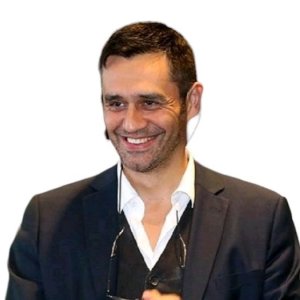Search
Cordier Pierre

General Manager and CEO Groupama Assicurazioni
Pesole Annarosa

ILO - International Labour Organization
Müllensiefen Tobias

DG EMPL, European Commission
How to Interpret Sovereign Bond Market Reaction to France Snap Elections
The Real Problem With the European Defense Industry
Financing Europe's Leap Towards Defence Integration
Letta Enrico

President of the Jacques Delors Institut, Dean of the School of International Affairs at Sciences Po Paris (PSIA) and former Italian Prime Minister.
Enrico Letta has also been a Member of the Chamber of Deputies between 2006 and 2015. Letta was Minister of European Affairs from 1998 to 1999 and Minister of Industry from 1999 to 2001, and served as Secretary to the Council of Ministers from 2006 to 2008. He is a founding member of the Democratic Party.
Policy Brief n.20 - Defense Expenditure in EU Countries
Trabacchi Chiara

Chiara Trabacchi is a manager within the Climate team of British International Investments, where she leads on the implementation of the organisation’s approach to climate adaptation and resilience investing and climate risk integration within the risk management framework. Prior to joining BII in 2021, Chiara worked for more than 10 years as analyst and technical advisor on climate finance, climate adaptation and physical risk management at public and private organizations such as the IDB Group, the World Bank Group and Acclimatise.
Chiara, an Italian national, holds a PhD in the Science and Management of Climate Change from the Ca’ Foscari University of Venice.
Virgadamo Leoluca

Leoluca Virgadamo is a Junior Economist at the Osservatorio Conti Pubblici Italiani, Università Cattolica del Sacro Cuore in Milan